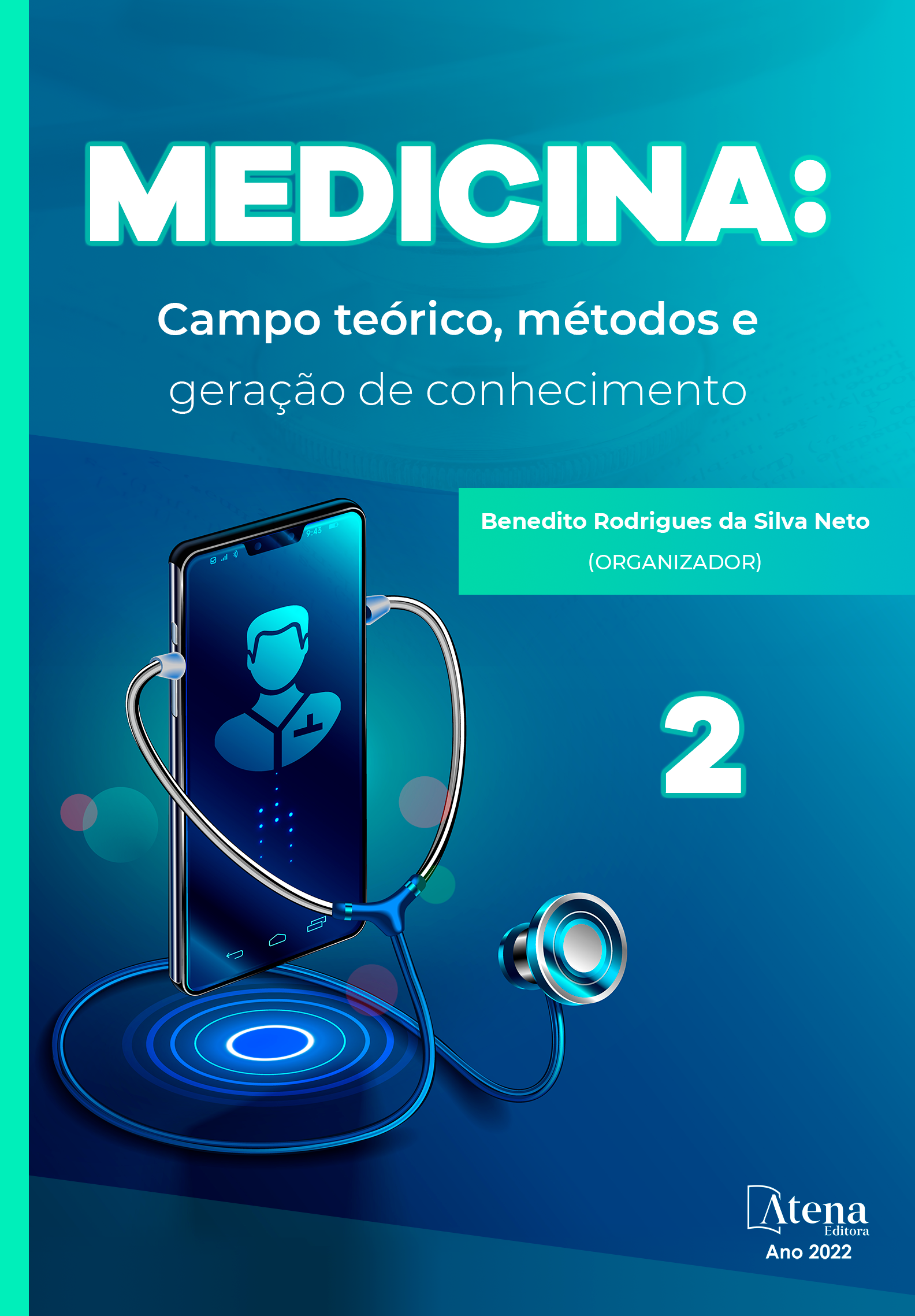
TRATAMENTO DE ÁGUA PARA CONSUMO HUMANO NA REGIÃO DO AMAZONAS, ATRAVÉS DO USO DE SEMENTES DE MORINGA OLEÍFERA
A qualidade da água destinada ao consumo humano é um dos problemas que ocasiona o surgimento de diversas doenças nos seres humanos. Esta pesquisa teve como objetivo desenvolver métodos alternativos de tratamento de água para consumo humano por meio da utilização de sementes de Moringa oleífera Lam. Trata-se de um estudo experimental, desenvolvido no Rio Negro no município de São Gabriel da Cachoeira, Amazonas. Foram coletadas amostras de água para realizar a purificação com as sementes de Moringa e com sistemas simplificados de filtros. As amostras passaram por cinco tipos de tratamentos com três repetições e foram comparadas com as amostras brutas e com os parâmetros normais de uma água potável. Os dados foram submetidos ao teste, de tipo não-paramétrico, Wilcoxon-Mann-Whitney para analisar a existência de diferença estatística significativa. Os resultados revelaram que as sementes de Moringa possuem propriedade de desinfecção da água, eliminando a presença de coliformes fecais e Escherichia coli. Quanto aos parâmetros físico-químicos, identificamos diferença significativa nas variáveis: cor, turbidez, sólidos totais dissolvidos, dureza total, alcalinidade total, condutividade elétrica, amônia e teor de cloreto. A utilização de sementes de Moringa oleífera, apresenta uma alternativa sustentável e de baixo custo no tratamento da água para comunidades indígenas. Esses resultados sugerem a possibilidade de que as sementes de moringa possam ser utilizadas para produzir água de melhor qualidade para o consumo humano, principalmente para as pessoas que vivem em comunidades indígenas, distantes da área urbana e sem acesso a nenhum tipo de tratamento.
TRATAMENTO DE ÁGUA PARA CONSUMO HUMANO NA REGIÃO DO AMAZONAS, ATRAVÉS DO USO DE SEMENTES DE MORINGA OLEÍFERA
-
DOI: 10.22533/at.ed.40722280419
-
Palavras-chave: Água; Tratamento; Promoção e Prevenção da Saúde.
-
Keywords: Water; Treatment; Health Promotion and Prevention.
-
Abstract:
The quality of water intended for human consumption is one of the problems that causes the emergence of several diseases in humans. This research aimed to develop alternative methods of treating water for human consumption through the use of Moringa oleífera Lam seeds. This is an experimental study, carried out on the Rio Negro in the municipality of São Gabriel da Cachoeira, Amazonas. Water samples were collected for purification with Moringa seeds and simplified filter systems. The samples underwent five types of treatments with three replications and were compared with the raw samples and with the normal parameters of a drinking water. Data were submitted to the non-parametric Wilcoxon-Mann-Whitney test to analyze the existence of a statistically significant difference. The results revealed that Moringa seeds have water disinfection properties, eliminating the presence of fecal coliforms and Escherichia coli. As for the physical-chemical parameters, we identified a significant difference in the variables: color, turbidity, total dissolved solids, total hardness, total alkalinity, electrical conductivity, ammonia and chloride content. The use of Moringa oleífera seeds presents a sustainable and low-cost alternative in the treatment of water for indigenous communities. These results suggest the possibility that moringa seeds can be used to produce better quality water for human consumption, especially for people who live in indigenous communities, far from urban areas and without access to any type of treatment.
-
Número de páginas: 15
- Bárbara Dani Marques Machado Caetano
- Luís Gustavo Marcolan
- Mirely Ferreira dos Santos


